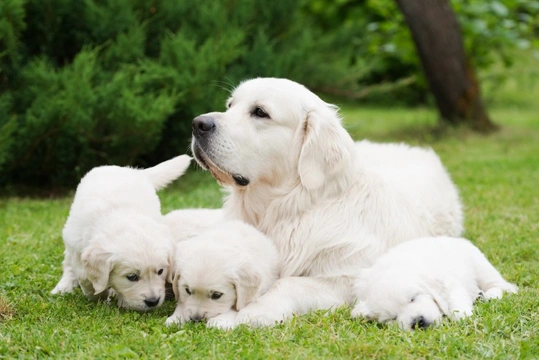The practice of inbreeding between sibling dogs can happen unintentionally but often leads to serious health, behavioral, and ethical problems. The following sections explain the risks and consequences when a dog becomes pregnant by her brother.
1. Genetic Risks and Health Issues
Inbreeding between dogs increases the likelihood of genetic disorders and health complications. Recessive genes are more likely to be expressed when close relatives reproduce.
Possible health problems include:
-
Inherited conditions such as hip dysplasia, heart problems, and other genetic diseases.
-
Weakened immune systems in puppies, making them more vulnerable to infections.
-
Physical birth defects such as cleft palates and skeletal irregularities.
2. Behavioral Concerns
Inbreeding can also influence a dog’s temperament and behavior. Potential issues include:
-
Increased aggression and anxiety due to inherited traits.
-
Puppies that are more fearful or anxious, struggling to adapt to new environments.
-
Training difficulties and socialization challenges in adulthood.
3. Pregnancy Complications
A dog pregnant by her brother faces higher risks during pregnancy and birth.
-
Smaller litters with higher chances of miscarriage and stillbirth.
-
Complicated deliveries that endanger both mother and puppies.
-
Newborn puppies often require immediate veterinary care due to uncertain health conditions.
4. Long-Term Effects on the Breed
Inbreeding affects not just individual dogs but also the breed population as a whole.
-
Reduction of genetic diversity, leading to the loss of desirable traits.
-
Increased prevalence of genetic disorders over generations.
-
A condition known as “inbreeding depression,” where reproductive success and overall health decline.
5. Ethical Considerations
Breeding closely related dogs raises significant ethical concerns.
-
Genetic diversity is vital for the health and happiness of dogs.
-
Inbreeding leads to preventable suffering caused by health problems.
-
Responsible breeders conduct genetic screenings and avoid close pairings to ensure sustainability.
Conclusion
A dog pregnancy involving siblings creates serious health problems, behavioral challenges, and ethical dilemmas. Responsible breeding practices are essential to protect both individual dogs and the long-term health of breeds.
Dog owners should seek immediate veterinary advice if they suspect inbreeding has occurred or notice signs of pregnancy.
Takeaway Tips
-
Seek veterinary advice immediately if your dog becomes pregnant unexpectedly.
-
Monitor the mother and puppies closely for health concerns.
-
Responsible breeding requires health testing and avoiding close genetic relationships.


